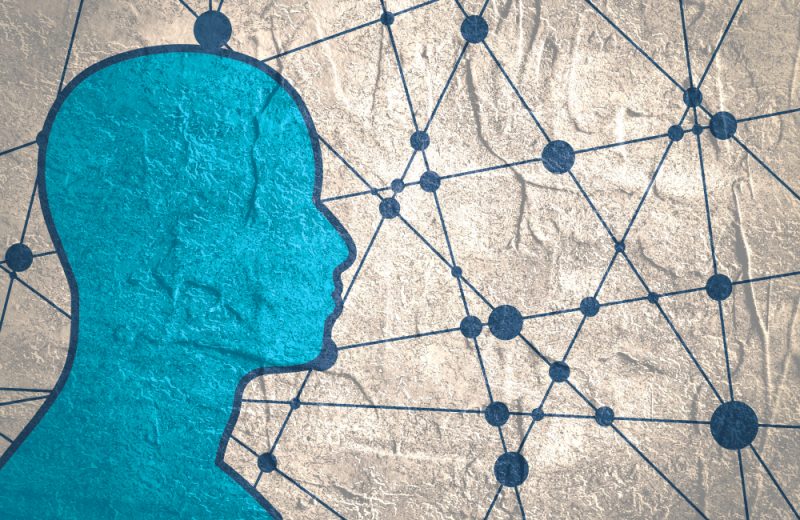Americans have a widespread mental healthcare crisis to resolve and that is not an understatement. Researchers at the National Institutes of Mental Health (NIMH) estimated that “nearly one in five US adults lives with a mental illness.” The data highlighted is from 2016 and several national tragedies have occurred since then. The mass shooting in the Orlando nightclub unfolded on June 12th, 2016. On August 12th, 2017, there was the deliberate car crash into crowds of peaceful protestors in Charlottesville, VA. Let us not forget about the heinous attack on concert goers at the Route 91 Harvest musical festival on October 1, 2018. These are not unrelated phenomena.
Mass shootings are only one factor contributing to collective social anxiety. The ongoing opioid epidemic has also proven corrosive to the fabric of society. Officials at the US Department of Health and Human Services (HHS) already declared opioids a public health emergency and that was last year. Things have not progressed significantly since then despite the more aggressive strategy promised by our esteemed government. Most mental health professionals usually lament how politicized the topic has become, especially because it could easily undermine patient treatment and recovery.
We know that human psyches are susceptible to a host of environmental variables. That doesn’t stop adults from failing to recognize the fact that younger minds are at a much greater risk than they are. Christopher Bergland at Psychology Today explained the science behind why the teenage brain is so vulnerable. “By some estimates, human brain development and connectivity is not fully completed until about the age of 25,” according to Mr. Bergland. Scientists point to the Prefrontal Cortex (PFT), which is the decision-making center of the brain, as the real culprit. Unfortunately, the adolescent PFT is not yet equipped to handle the wide array of external pressures presented to them on a regular basis.
The consequences of inadequately addressing adolescent mental health are certain to get a whole lot worse before they get any better. For instance, Brian Resnick at Vox highlighted some of the outcomes teenagers now admittedly experience. His article is based on the American Psychological Association’s (APA) recently released stress in America survey. “Two things in the report are clear, “ declared Mr. Resnick. “Teens are especially concerned about guns … and they are most likely of any of us to describe their mental health as poor.” It’s reasonable to expect from angsty juveniles concerns about peer pressure, academic and extracurricular performance, and parental supervision. Our youth should not be seriously apprehensive about random gun violence perpetrated by either strangers or–heaven forbid–their very own peers.
Realists understand that we can only control so much around us, therefore, it’s understandable that the dilemmas described above are unlikely to be resolved anytime soon. However, that does not mean we should accept the collateral damage being wrought on the world. Youngsters nationwide desperately need our aid. Some of them could use the support administered by teen residential treatment centers whereas others could benefit from reliable access to group therapy sessions. Avoiding a one-size-fits-all approach is essential to overcoming a mental health condition or disorder. Recovery is an individualized process for everyone, but unfortunately, too few teenagers receive any form of treatment at all.
Parents, advocates, and mental health professionals consider the state of affairs totally unacceptable. This debate isn’t merely about the quality of life that we can expect–it’s also about the impact on actual lifespans. Dhruv Khullar at The New York Times emphasized the health disparity earlier this year. “Americans with depression, bipolar disorder or other serious mental illnesses die 15 to 30 years younger than those without,” wrote Dhruv. “It’s a gap, unlike many others, that has been growing, but it receives considerably less academic study or public attention.” That, of course, only reinforces the status quo.
Suffice it to say that impressionable young American is at stake. The time for meaningful action is now. Otherwise, the situation is only bound to get much worse much faster. Invest the energy into learning more about mental health and become an outspoken advocate for policy reform. Our problems cannot be solved tomorrow, but if we do not begin today then tomorrow might never come.



